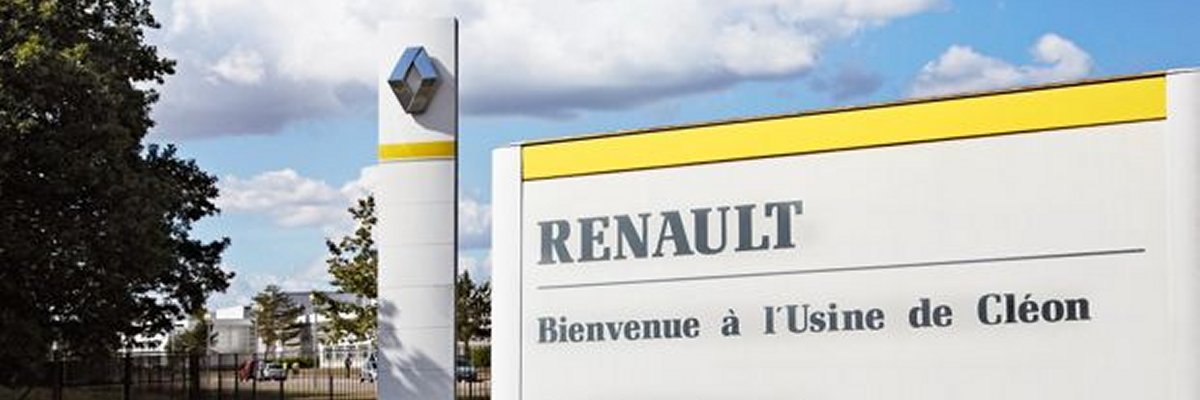News : France
Renault wants to bring its factories into the future
2017-06-07

The French brand has introduced a number of innovations at the Cléon plant that signal its entry into the digital era.
Exoskeletons for carrying heavy loads, machines that repair themselves or order spare parts on their own... In Cléon (76), in the first mechanical plant that supplies Renault, its allies and partners, the future has already begun: "Transformation is succeeding in interconnecting everything to make decisions in real time," summarizes Eric Marchiol, director of digital transformation for Renault.
However, it should not be assumed that the Cléon plant, which produces about 1 million engines a year, has become a futuristic site where robots reign. The future is seen in some details. The production line of the crankshafts for example, the latter are manufactured in sealed compartments under an oil bath. They are now all equipped with a QR code, in order to know their lifetime from their first assembly to their implantation in the engines. But more than the crankshafts, it is the machines that construct or rectify them which is interesting.
These are all interconnected, and are able to do predictive maintenance for their concerns: detection and identification of the breakdown, control of new parts, the machines know how to take care of their own needs.
This hyper-connectivity would have an undeniable advantage according to Renault: allowing a greater flexibility of the production line. Now, most of the crankshafts produced are used for diesel engines. But if petrol continues to regain market share points, it will undoubtedly be necessary to review the production mix of the crankshafts.
The tracking of spare parts is also a major factor in a factory that wants to be at the forefront. The factories are indeed dependent on their supplies, which come from a multitude of partners. The idea is to achieve "hyper-traceability of parts" according to Eric Marchiol, in order to "prevent failures" but also and above all to "make effective operational decisions". Knowing that such load is about to arrive at the factory, that another is blocked a port on strike etc, as much data that will be processed tomorrow to allow a dynamic management.
Not everything will be tracked; however, Renault indicates that 50 engine parts and 20 another in gearbox ones are of interest to be monitored.
Original Source : pro.largus.fr
 Ily Es
Ily Es
Translator
- Your comment
Select Language/Country
© 2016 Naciha.com
